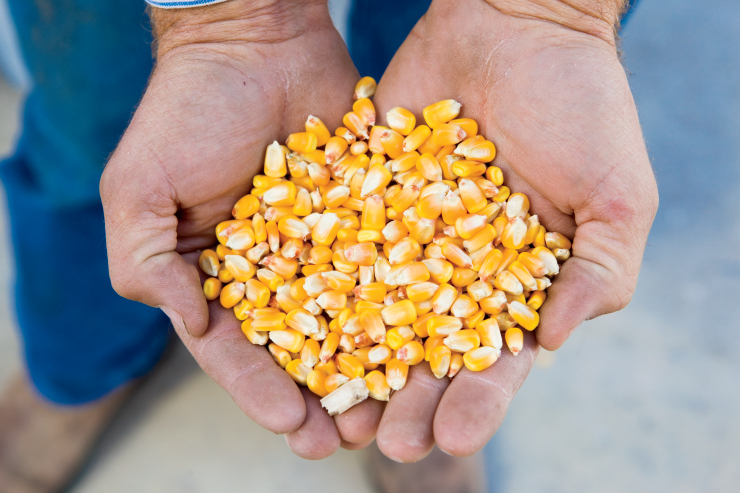Home > South Carolina > South Carolina Ag Education > New Programs Develop New Agricultural Producers
New Programs Develop New Agricultural Producers

While South Carolina is known for more than 150 battles that took place on its soil during the Revolutionary War and the Civil War, a pair of agriculture enrichment programs are working to ensure that same soil is now used for something even more revolutionary.
The nonprofit Lowcountry Local First’s Growing New Farmers Incubator Program trains the next generation of farmers in three phases: apprenticeships, farm incubation and links to affordable farmland.
“We pair those interested in getting engaged in farming or learning new techniques in farming with a mentor farmer throughout the low country to give them some hands-on farming opportunities,” says Nikki Siebert, who leads the program. “In the spring, we give them a sustainable agriculture class to teach them the science of farming, and then in the fall, we offer a 10-week farm business class, which offers everything from how to get liability insurance to how to market and create a business plan.”
The second phase is an actual 10-acre incubator farm providing a low-risk period for farmers interested in entering the market.
“We lease it to farmers who have been an apprentice or farm manager, but who have never owned their own farm,” Siebert says. “We provide them with necessary infrastructure (wells, irrigation, tractor, packing facility, tool storage, etc.) and we also have a farm mentor out there helping them identify the production issues and giving them ideas on the business side.”
The final phase of the program will be a land link to connect farmers with land owners who have land suitable and available for farming.
Another similar program is the three-year-old SCSC New and Beginning Farmer Program, offered through Clemson University. Program Director Dave Lamie explains that this program focuses on presenting the opportunity for anyone who has farmed for 10 years or less to receive technical assistance.
At first, applicants consisted of mostly traditional crop producers from multigenerational farms, but now the program is seeing more people wanting to make a go of farming for the first time.
“I wanted to put a focus on the business side of farming and make sure people were exposed to good management principles, developing a good business plan and treating it more like an entrepreneur might,” he says. “We have a series of workshops dealing with marketing, legal issues, risk management and food safety, then we connect them with the resources available here in the state to learn the opportunities that are out there.”



